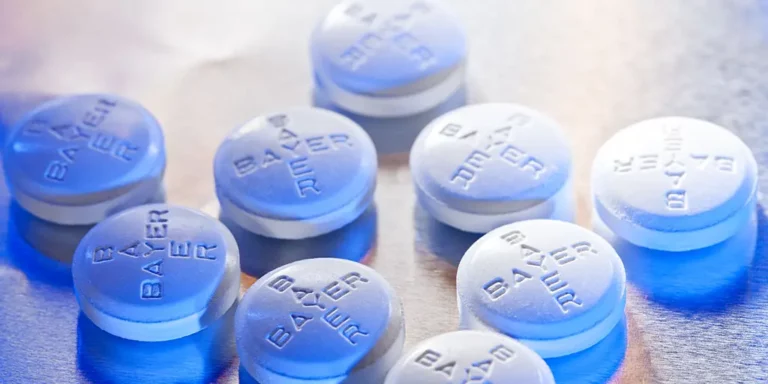Urology is a medical specialty that deals with the health of the urinary system and the male reproductive system. Often, issues in these areas can manifest as seemingly benign symptoms. However, recognizing when these symptoms warrant a visit to a urologist is vital for early diagnosis and effective treatment. In this article, we’ll explore some common symptoms and their potential implications.
Understanding the Role of a Urologist
A urologist is a trained medical doctor who diagnoses, treats, and manages patients with urological disorders. These include issues with the kidneys, bladder, urethra, and male reproductive organs.
1. Frequent Urination
Explanation: Feeling the need to urinate more frequently than usual, especially if it’s disrupting your daily activities or sleep, can be a sign of various urological conditions.
Potential Concerns:
- Urinary Tract Infections (UTIs): Bacterial infections that can occur in any part of the urinary system. They are more common in women but can also affect men.
- Overactive Bladder (OAB): A condition where the bladder contracts more often than necessary, even when it’s not full.
- Diabetes: Frequent urination can also be a symptom of both type 1 and type 2 diabetes.
2. Blood in the Urine (Hematuria)
Explanation: The presence of blood in the urine, whether visible or detected in a lab test, is a symptom that should never be ignored.
Potential Concerns:
- Kidney Stones: Hardened deposits formed from minerals in the urine.
- Bladder or Kidney Infections.
- Bladder or Kidney Cancer.
3. Pain or Burning Sensation During Urination
Explanation: A painful or burning sensation, often accompanied by the frequent urge to urinate, can be quite distressing.
Potential Concerns:
- UTIs: Particularly common in women and can affect any part of the urinary system.
- Bladder Stones: Hard masses of minerals in the bladder.
- Interstitial Cystitis: A chronic bladder condition often mistaken for a UTI.
4. Difficulty Urinating
Explanation: Difficulty starting urination, a weak urine stream, or feeling like the bladder isn’t fully empty can be a sign of underlying issues.
Potential Concerns:
- Benign Prostatic Hyperplasia (BPH): An enlarged prostate gland, common in older men, can press against the urethra, causing obstruction.
- Prostate Cancer: One of the most common cancers in men.
- Urethral Stricture: A narrowing of the urethra due to inflammation or scarring.
5. Erectile Dysfunction (ED)
Explanation: Difficulty achieving or maintaining an erection sufficient for intercourse can sometimes be a sign of an underlying health issue.
Potential Concerns:
- Heart Disease: Reduced blood flow is a common cause of ED.
- Hormonal Imbalance: Conditions like low testosterone can impact erectile function.
- Prostate Health Issues: Both BPH and prostate cancer treatments can lead to ED.
6. Lower Abdominal or Pelvic Pain
Explanation: Persistent pain in the lower abdomen or pelvis, especially if it’s unrelated to menstruation, warrants a check-up.
Potential Concerns:
- Bladder Cancer: Though rare, pain can be an indicator.
- Chronic Prostatitis: Chronic inflammation of the prostate gland.
- Pelvic Floor Dysfunction: A weakening of the muscles in the pelvic floor.
7. Male Infertility
Explanation: Difficulty conceiving with a partner after a year of trying might be linked to male reproductive issues.
Potential Concerns:
- Varicocele: Enlarged veins in the scrotum can impact sperm quality.
- Hormonal Imbalance: Can impact sperm production.
- Ejaculatory Dysfunctions.
The Role of Lifestyle in Urological Health
Many factors can influence urological health, with lifestyle choices playing a pivotal role. Several habits can either promote a healthy urinary and reproductive system or, conversely, increase the risk of problems:
- Diet: Consuming a balanced diet with plenty of water can help in preventing kidney stones and UTIs. Diets high in salt, however, can increase the risk of kidney disease and hypertension.
- Exercise: Regular physical activity can promote healthy bladder and kidney function. Kegel exercises, specifically, can strengthen the pelvic floor muscles, reducing the risk of urinary incontinence.
- Avoiding Smoking: Smoking not only increases the risk of bladder cancer but can also lead to erectile dysfunction in men.
- Limiting Alcohol and Caffeine: Both can irritate the bladder and might lead to increased frequency and urgency of urination.
By making informed lifestyle choices, one can significantly influence their urological health and reduce the risk of complications.
When to Seek Emergency Urological Care
While many urological symptoms can be addressed during routine appointments, some situations demand immediate medical attention:
- Severe Pain: Acute pain in the lower abdomen or side, often described as sharp or colicky, can indicate a kidney stone or another severe urological issue.
- High Fever with Urinary Symptoms: This can suggest a severe kidney or bladder infection, which might require prompt treatment to prevent complications.
- Blood in Urine: Though not always an emergency, a significant amount of visible blood (gross hematuria) in the absence of recent trauma or known cause should be evaluated quickly.
- Inability to Urinate: This can be a sign of acute urinary retention, often due to an enlarged prostate in men, and may necessitate immediate relief via catheterization.
Recognizing these emergency signs and acting promptly can prevent complications and ensure optimal health outcomes.
Visiting a urologist will provide clarity. They can offer diagnostic tests, answer questions, and recommend treatments. It’s always better to be proactive about your health, ensuring early diagnosis and effective management of any potential issues.






